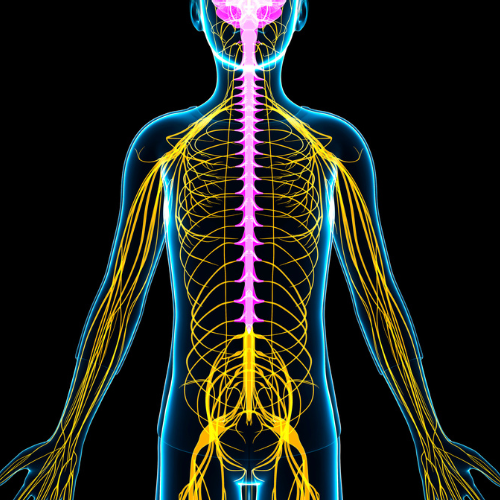Yoga is widely recognized for its physical benefits, but its profound impact on the brain is equally remarkable. Scientific studies have demonstrated that consistent yoga practice can reshape neural pathways, enhancing resilience and emotional regulation.
Yoga is great for enhancing neuroplasticity
Research indicates that regular yoga practice increases gray matter density in brain regions associated with emotional regulation and self-control. This neuroplasticity suggests that yoga can help rewire the brain, fostering greater mental resilience.
It also helps balance the Autonomic Nervous System
Yoga activates the parasympathetic nervous system, promoting relaxation and reducing stress. Techniques such as deep breathing and meditation stimulate the vagus nerve, leading to a calmer state of mind.
Even when circumstances outside us are completely out of our control, what yoga teaches us is that when we cultivate our inner power, we have asense of control and resilience.
Yoga isn’t just about flexibility—it’s a brain-changing practice. Studies show that yoga reshapes neural pathways, increasing resilience, reducing anxiety, and enhancing emotional regulation. But how does this happen on a physiological level?
Want to know a bit more about the science behind yoga and the brain?
- Neuroplasticity & Yoga – Studies using fMRI scans reveal that consistent yoga practice thickens the prefrontal cortex, the area responsible for emotional regulation and decision-making (Gothe et al., 2019).
Regular yogis show greater gray matter density in the hippocampus, which helps process emotions and manage stress (Villemure et al., 2014).
- Yoga helps with Activating the Parasympathetic Nervous System (PNS):
- Yoga’s deep breathing techniques, like pranayama, stimulate the vagus nerve, which reduces heart rate, lowers cortisol, and shifts the body from fight-or-flight mode to relaxation (Sengupta, 2012).
- The Role of GABA: Yoga’s Natural Anti-Anxiety Effect
- A study from Boston University found that just one hour of yoga increases GABA (gamma-aminobutyric acid) by 27%—a neurotransmitter that calms the nervous system (Streeter et al., 2010).
- Low GABA levels are linked to anxiety disorders and depression, making yoga a powerful natural intervention.
Yoga has great capacity to enhance inner strength and emotional balance.
Try it now!
- Mindful Breathing Practices
Incorporate pranayama techniques to stimulate the vagus nerve and promote relaxation. - Meditation for Emotional Regulation
Regular meditation can enhance self-awareness and emotional control, contributing to overall mental well-being. - Practice for greater resilience now on YokeYoga. You can try a live class or one for focus in the Yoga Solution Studio.
The intersection of yoga and neuroscience reveals that yoga is a powerful tool for mental resilience and emotional regulation. By integrating these practices into daily life, we can experience profound psychological benefits.



